Experts’ Insights on the Effect of Apps and Social Media Platforms on the Event Management Industry
Due to the increase in smartphone capability, transmission speed and geographical area coverage, the global implementation in the event management industry is immanent. With the younger generations entering the industry comes the greater use of technology and the number of smartphone users is expected to grow from 1.5 billion in 2014 to almost 2.5 billion by 2019. This new, so-called “online” generation of young professionals has a rich knowledge, as well as advance computer and social media skills.

It is clear that the mobile evolution (rather than revolution) is here and is forecasted to change the shape of event management industry as we know it. For the following research we have consulted with several influencers from the event management industry. We have gathered their opinions on the effects of different social media networks, as well as smartphone applications on the event organization and execution. The final part of the paper outlines their views on what type of apps should be developed in order to simplify the demanding event managing work.
Social media impact
The universality of social media cannot be ignored, since the number of worldwide social media users reached 2.1 billion in 2015 and is expected to grow to 2.5 billion until 2018. It is important to note that social media usage is not restricted to selfies and funny videos, since there is a growing popularity among prominent businesses. Around one third of Millennials use social media for business communication and 92% of small businesses agree that marketing on social media platforms is of prime importance.
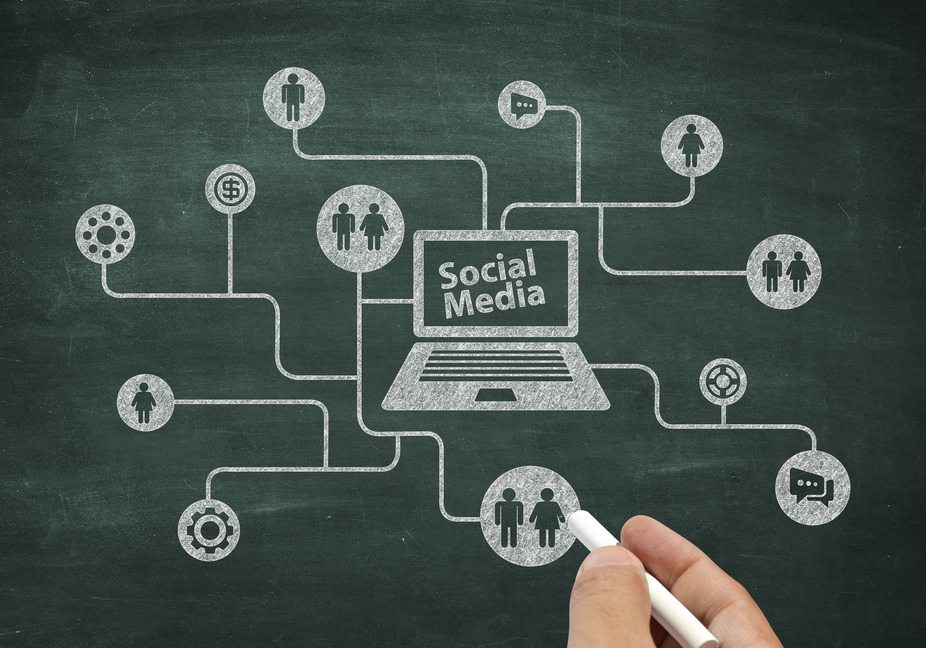
Furthermore, engagement including likes, shares and similar activities is considered one of the most prominent metrics for evaluating social media marketing success. The same is applicable to the event management.
Because of the rising interest in different social media platforms, event managers will not be able to fight them, but rather join and benefit from them. In order to draw attention to their events, organizers are required to become highly skilled at social media marketing.
Social media provides you with the opportunity to keep people talking about the event all year long, even if it is just an annual show. Nowadays, organizers ensure they incorporate both pre and post event marketing tactics and tend to keep a 24/7 competitive interaction with the potential audience.
According to the 2015 statistics, Twitter is the most popular social network during the event itself, whereas Facebook holds the spot as the most prominent platform prior to the show. The fact is that Facebook manages to combine marketing and ticket sale, thus increasing the number of potential attendees.
When we asked the Managing director at EIGHT, Alistair Turner, whether social media has improved online ticketing, he answered with “Massively! It’s another distribution point for consumers to buy tickets and to do so in a convenient and secure way. The app development and the quality of these platforms allows a seamless process for the visitor.”
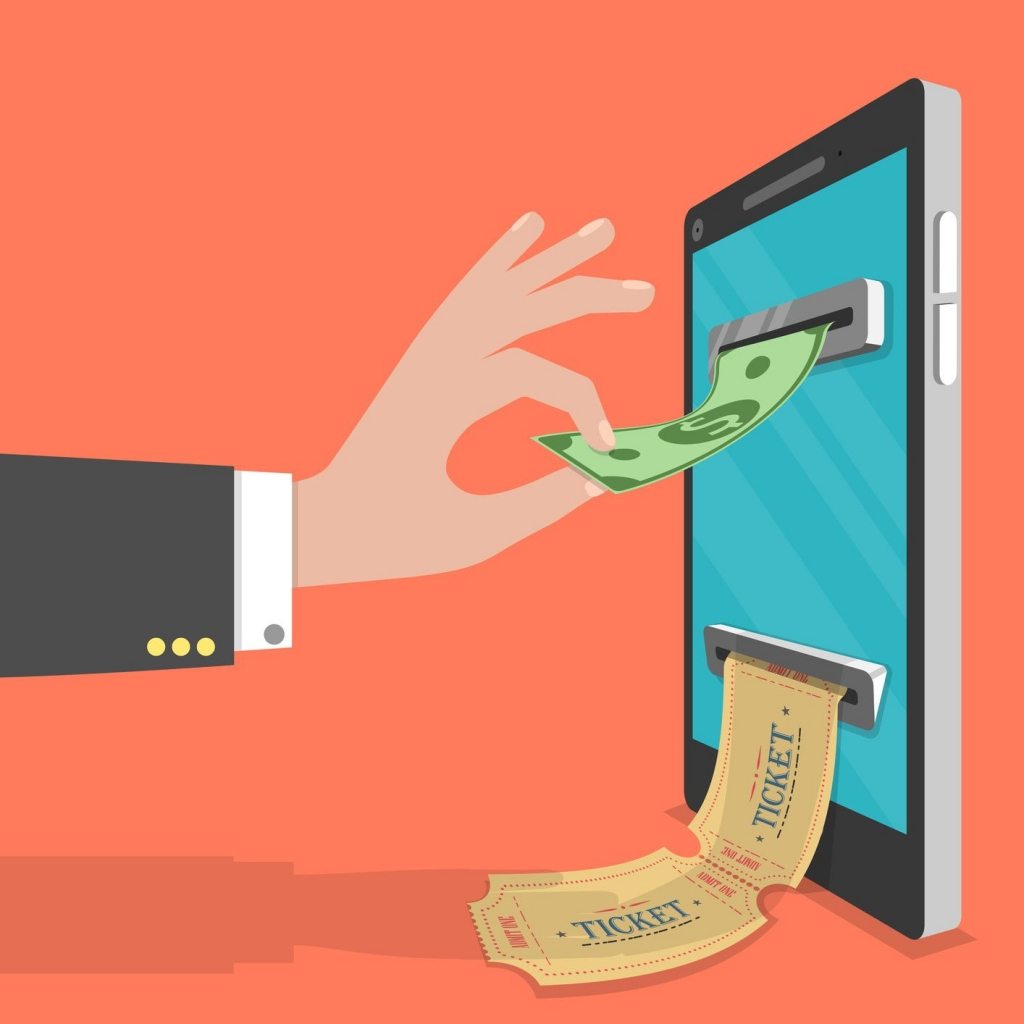
Furthermore, the COO and co-founder of Hire Space gave elaborate response, outlining a multitude of ways event managers benefit from social media by saying that “Social media is an invaluable tool for ticket sales, as it has the power to connect you with your audience and engage them. Creating interesting content, marketing your event and selling tickets on social platforms go hand in hand - it’s a 360 approach. It also provides a simple way for people to keep up-to-date with what is happening with your event and book tickets. Advertising is also an option, which allows you to reach your target market, extend your reach and recruit more attendees.”
The creative director, Logan Gunasingham from REZtron had a similar answer and he told us that they “use twitter heavily when it comes to creating a buzz around upcoming events (especially with press and media peeps) and this is still the king of all social media for us when it comes to sharing ticketing links of our retrotainment.” He also adds that social media is “powerful for brand awareness. Facebook has helped us too when it comes to creating an event and also in terms of getting potential attendees sharing it with like-minded people through personal invitations.”
We have to agree that social media platforms are amplifying the impact of the event as they provide organizers with great marketing opportunities. They have the ability to connect like-minded attendees, in that way increasing participation while at the same time building brand value.
The rise of the apps
Generally speaking, the greater use of smartphones and other technological devices has led to a minimal use, or even complete elimination of traditional pen and paper. Not only is there a significant advantage when it comes to cost savings, but the wireless apps aid in reducing on-site paper usage. Consequently, the carbon footprint of the event comes down to a minimum.
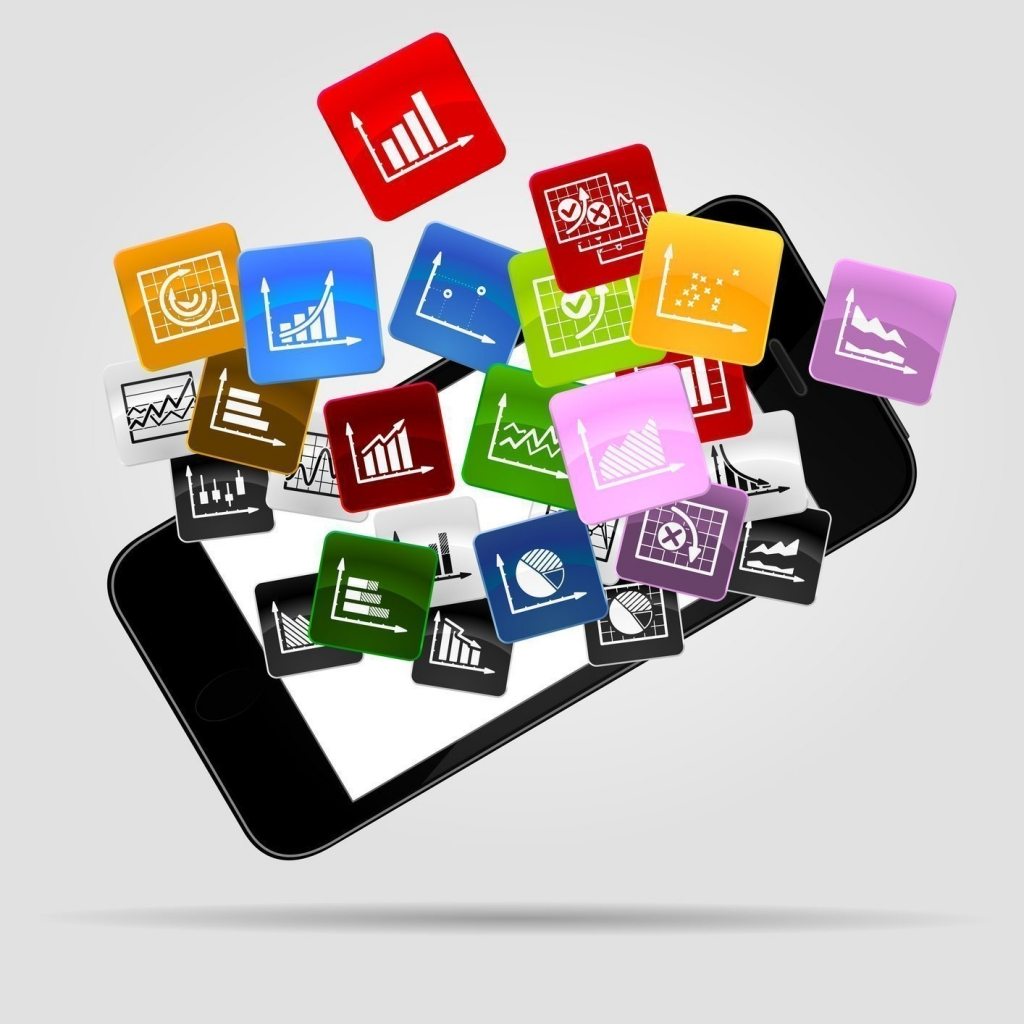
However, what we found interesting was when one of the industry influencers, Logan Gunasingham emphasized the “good ol fashioned notepad and pen” as his reliable partners. He claims that “it’s always great to have a backup on print form in case of any technical issues.”
The fact is that although technological advances have simplified the process of event management, relying solely on our mobile devices can be a double-edged sword. Backing-up your most confidential data and information essential for conducting an event is highly encouraged.
Nevertheless, it is evident that the tsunami of the event management applications has overflown the industry. When we asked Justin Liu from Presdo Match what apps he opts for when looking to take the event organization to perfection, he told us that “Survey/audience response apps are big ways to get engagement out of large events where a person can "get lost". To that end, Poll Everywhere is really cool. Their live surveying is something that is unique and engaging.
He also adds that “social sharing tools are going to become stronger and bigger as experiential events become the norm. This will make ephemeral "streams" really important, whether it's Meerkat or Periscope or even Blab to some extent.”
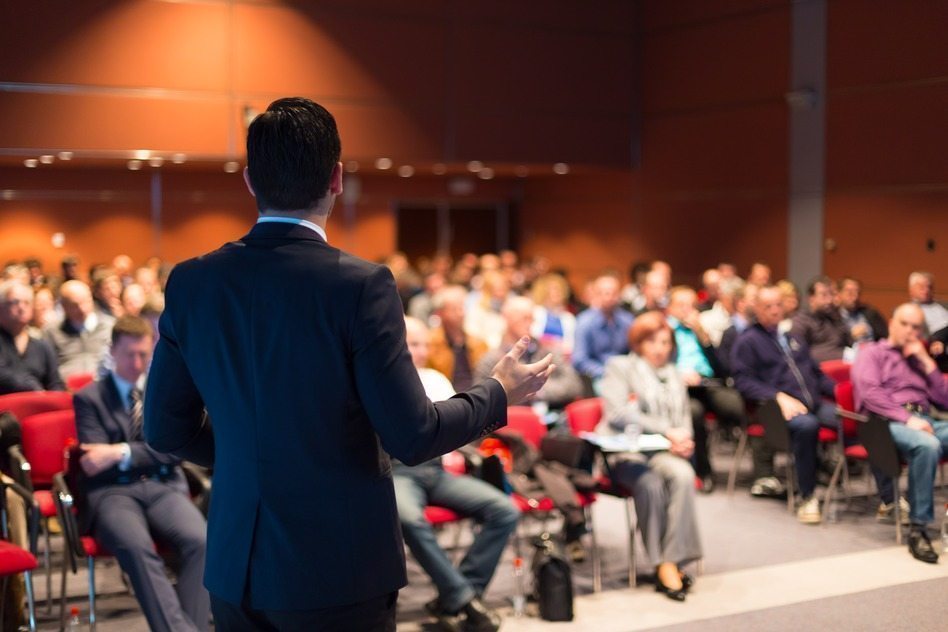
Thanks to these apps, those who were unable to attend the event are provided with the opportunity to view live streaming. Perfect event execution followed by the implementation of such state-of-the-art apps leads to the attraction of greater audience for the next event.
Additionally, we must not forget the importance of social media and the feedback that is not only valuable for the organizers, but the non-attendees too. In relation to that, Ed Poland again states that “Social media is just as important during the event as it is before it. Hootsuite allows you to monitor and post on various different social media platforms at once and is a perfect solution when you’re busy during an event.
Furthermore, he takes the time to accolade Zwoor by saying that it is “a complete event management package, it does everything, you can input your agenda and calendars, link it to your social media accounts, and add information on your venue, speakers and guests.”
Other event organizers also stress the need for the integration of planning tools. By automating larger portions of the planning process and being able to rely on all-in-one app, event managers are provided with the opportunity to perform their duties simpler and stress-free.
The apps of the future
Like all the other industries, there is a never-ending demand for the technological improvement in the event management industry. Rather than asking industry veterans about their future predictions, we wanted them to share their opinion on what they want the future to have in store for the event managers.
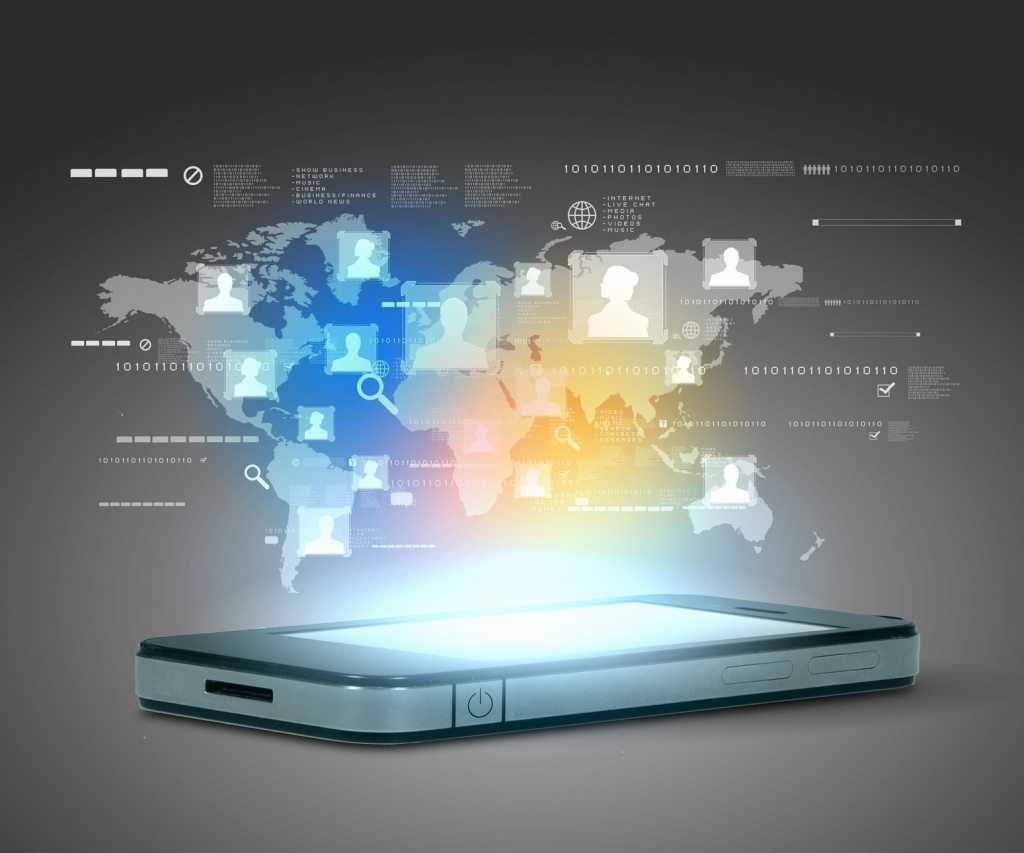
Ed Poland outlines that there is a need for “an app that could collate and organize event feedback”. Namely, by capturing more robust data about event attendees and their interactive behaviors before, during and after the event, organizers would be provided with the information relevant for the future event planning. By gaining detailed insight into what was happening during the event, event organizers will know what to expect from marketing, ticket sale, organization and the very execution of the event.
On the other hand, Logan Gunasingham again emphasizes the importance of social media craze and its influence on future event planning. He says that it “would be great to see an app developed that can show all our major social interactions (Facebook, twitter, periscope, Vine, Instagram) on one screen from all our attendees prior, during and also after the event. So, imagine clicking on each of your attendees and seeing all their social interactions related to your event on one screen.... that would be cool!”
Conclusion
The implementation of the latest technological trends can be a leap of faith. The fact is that as soon as you feel like you have gained sufficient knowledge of the upcoming industry trends, a new set of trends emerge.
Moreover, the fear of technology affecting face-to-face events is justified. People are visual beings and as the technology is evolving, the live show experience has to grow accordingly in order to keep them interested. High-speed internet added capability of conveying HD video streams have changed the way of event attendance, since they provide attendees with the location- and time-independence. This only presents event managers with the additional challenge of organizing events that are compelling enough to make the potential visitors come in-person rather than watch live streams.